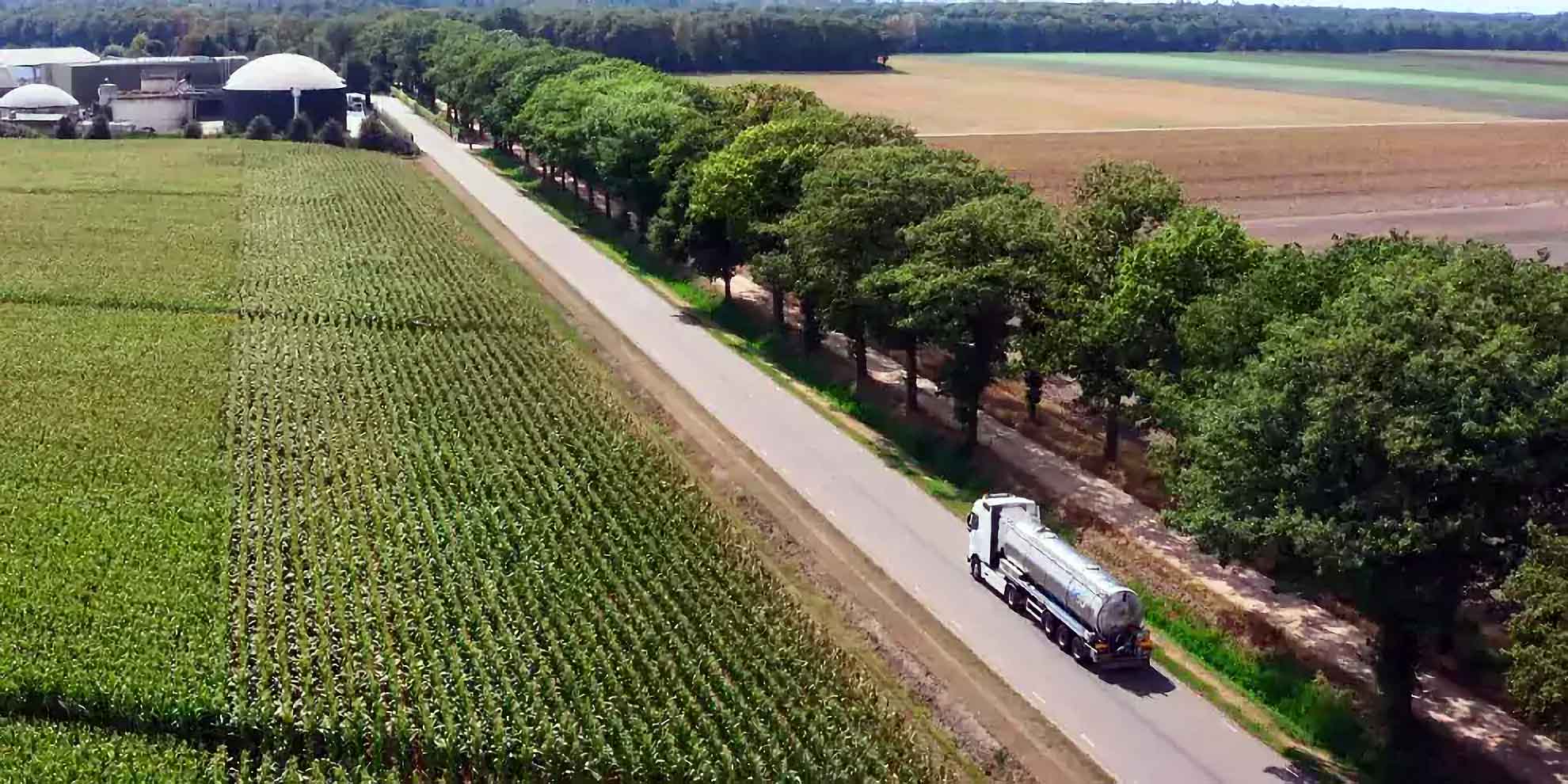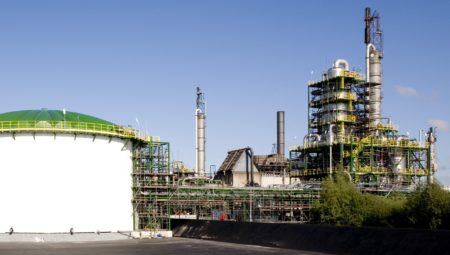PHA is also called the most promising biopolymer because it is made by nature and is completely broken down in nature, both on land and in the sea and without specific equipment or conditions. PHA will therefore be an important solution for plastic pollution and microplastics.
Best raw material
“For us, the collaboration with Looop means a reliable supply of residual flows to produce PHA,” says René Rozendal, co-founder of Paques Biomaterials. “Looop has a lot of experience with valuing residual flows. They are progressive and maintain high quality control. Because Looop can combine different types of residual flows from the agri-food sector, they can guarantee us the best raw material for our PHA production.”
“We guarantee our suppliers that we seek the highest value from their residual flows,” says Kelly Vermeer, Procurement & Development manager at Looop. “Producing PHA provides higher valorization of various by-products. Which ensures lower CO2 emissions and is therefore an important expansion within our areas of application. It is biobased and circular and therefore fits in well with our mission and vision.
For more information, visit the Paques and Looop websites.
Image: Looop



